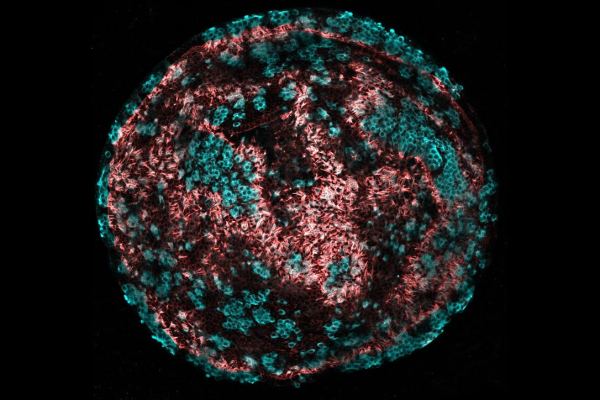As we age, the hair cells in our ears — like the rest of us — slowly die (how’s that for a bummer of an opening). That damage to the approximately 15,000 hair cells per ear, which can be exacerbated by loud noise and some medication, is a leading factor contributing to hearing loss. And once those cells have been damaged, they don’t grow back naturally.
A new technology demonstrated by a team at MIT, Brigham and Women’s Hospital and Massachusetts Eye and Ear could help reverse some of that damage, mimicking some animals’ ability to regenerate the hair, potentially reversing hearing loss in the process.
The technology utilizes cells derived from the cochlea of mice. Adding additional molecules to the immature cells during the process caused them to grow into mature hair cells — yielding 60 times the result of other technologies.
“We only need to promote the proliferation of these supporting cells, and then the natural signaling cascade that exists in the body will drive a portion of those cells to become hair cells,” BWH associate professor Jeffrey Karp explains.
The team believes the technology’s simple application process would make it ideal for use in humans, and the testing process is set to start within the next 18 months, courtesy of new MIT spinoff, Frequency Therapeutics.
